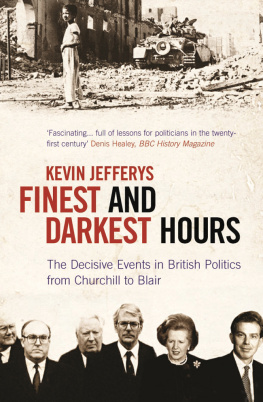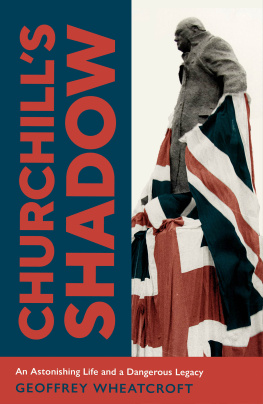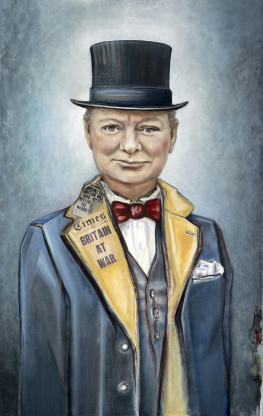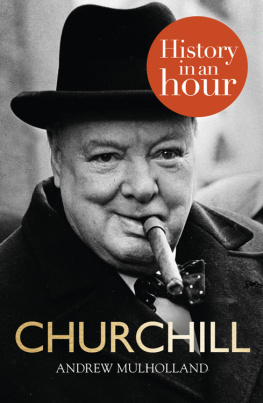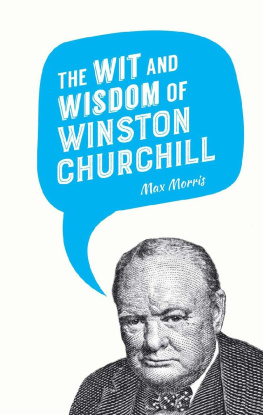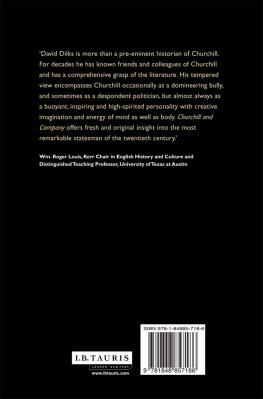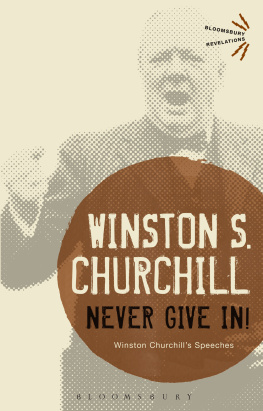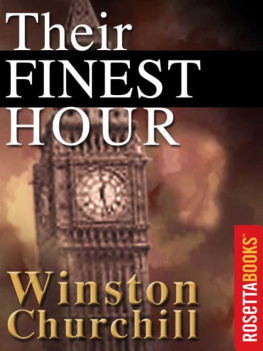ALSO BY KEVIN JEFFERYS
The Churchill Coalition and Wartime Politics 194045
The Labour Party since 1945
Retreat from New Jerusalem: British Politics 195164
Anthony Crosland: A New Biography
EDITED BY KEVIN JEFFERYS
Labour Forces: From Ernest Bevin to Gordon Brown
Leading Labour: From Keir Hardie to Tony Blair
First published in Great Britain in 2002 by Atlantic Books, an imprint of Grove Atlantic Ltd
Copyright Kevin Jefferys 2002
The moral right of Kevin Jefferys to be identified as the author of this work has been asserted in accordance with the Copyright, Designs and Patents Act of 1988.
All rights reserved.
No part of this publication may be reproduced, stored in a retrieval system, or transmitted in any form or by any means, electronic, mechanical, photocopying, recording, or otherwise, without the prior permission of both the copyright owner and the above publisher of this book.
9 8 7 6 5 4 3 2 1
A CIP catalogue record for this book is available from the British Library.
ISBN 1 903809 74 6
eISBN 9781782398691
Printed in Great Britain by CPD, Ebbw Vale, Wales
Atlantic Books
An imprint of Grove Atlantic Ltd
Ormond House
2627 Boswell Street
London WC1N 3JZ
Acknowledgements
I am grateful to many friends and colleagues for their help and guidance in preparing this book. In particular I should like to mention Stuart Ball, Mark Garnett, Rick McLain and Jonathan Wood, the latter of whom provided invaluable assistance in tracking down source material. I am also greatly indebted to Toby Mundy at Atlantic Books, in the first place for asking me to write about finest and darkest hours and then for providing shrewd and pertinent comments on early drafts of the text. Thanks also to Bonnie Chiang and David Atkinson for their assistance. Any responsibility for remaining errors rests, of course, with me alone.
The bulk of the photographs in the book have been taken from the Hulton Archive Picture Collection, and I would particularly like to acknowledge the following for allowing use of material within the Hulton Getty collection: Kurt Hutton (photograph 6), Keystone Press (16), Fox Photos (18), The Observer (20 and 26) and Steve Eason (27). Finally, I am grateful to Faber and Faber for allowing me to use an extract from Philip Larkins poem Annus Mirabilis.
Kevin Jefferys
July 2002
Introduction
In the life of any government, however safe its majority, there comes a moment when the social movements of which it had once been the expression turn inexorably against it... After that moment, every mistake it makes becomes magnified; indeed blunders multiply as if feeding on themselves; and both outwardly and inwardly the Government appears to be at the mercy of every wind.
Christopher Booker, author and journalist, The Neophiliacs (1969)
Men wiser and more learned than I have discerned in history a plot, a rhythm, a predetermined pattern. These harmonies are concealed from me. I can see only one emergency following upon another as wave follows upon wave, only one... safe rule for the historian: that he should recognise in the development of human destinies the play of the contingent and the unforeseen.
H. A. L. Fisher, politician and historian, A History of Europe (1936)
When asked about the greatest difficulty of being Prime Minister, Harold Macmillan famously replied: events, dear boy, events. This is a book about events in the history of British politics since the Second World War. It sets out to ask: what have been the decisive events in British political life since 1939? Which moments in time have most influenced the direction of politics over the last sixty years? What have been the key turning points? Each chapter addresses an incident or period of importance, ranging from Winston Churchills accession to the premiership in 1940 through to the emergence of New Labour in 1994. The main aim is to identify and assess the significance of the critical episodes in British political history, including highs like Britains finest hour in 1940 as well as lows such as Suez and the Profumo affair. Readers will, no doubt, have their own answers to the questions posed above, their own views about the most formative events in living memory.
In drawing up a list of key dates, much depends on what definitions are used and what criteria for inclusion are employed. British politics has a twofold meaning in what follows: the rise and fall of regimes associated with particular Prime Ministers, and the twists and turns of electoral competition between the major parties at Westminster. Events are those developments that arise suddenly, demanding the full attention of the government of the day and often plunging it into crisis. All the moments included here have a limited timescale. Although every chapter attempts to set the scene, the main action is always concentrated in a short time frame, varying from a single day Black Wednesday in 1992 to a few months, as in the case of the three-day week and the Falklands War. Any longer than this and the moment becomes something more protracted, losing the urgency and unpredictability that made it distinctive. The events and moments chosen are also deemed to be turning points, having an impact that resonates for years afterwards.
These criteria help to explain my choice of what to focus on and of what to leave out. There is no place to discuss, for instance, the tangled history of Northern Ireland, whether its many bleak moments since the outbreak of the Troubles or its recent step forward with the Good Friday Agreement. I have also limited the field to a dozen key incidents, on the ground that more would diminish the importance of those chosen. This, too, inevitably means that several notable events etched into public consciousness are not included. The 1976 IMF crisis caused considerable short-term damage to Labour, but did not prevent Callaghans government recovering to a position where re-election was a possibility eighteen months later. This book argues that it was Callaghans decision not to call an election in the autumn of 1978, followed by the disastrous winter of discontent, that put paid to Labours electoral prospects and enabled Mrs Thatcher to come to power. Some traumatic episodes, such as the wartime Blitz and the miners strike of 19845, were too long-lasting to qualify as moments. And it is difficult to pinpoint particular turning points that explain the profound social changes since the war in the role of women, for instance, or the creation of a multicultural society.
What is attempted here is a series of snapshots rather than an overview of British politics since the war. These snapshots set out to combine a reliable narrative of the episode under scrutiny with a consideration of its broader implications. Each chapter also looks at what has shaped our understanding of particular events, how myths arise and become consolidated, and the part played in this process by politicians, by the media and by historians. Two further themes permeate the book. One is to elaborate on the contention that while some regimes prove more lasting than others, each eventually loses its way as Christopher Booker notes after a key moment when the social movements of which it had once been the expression turn inexorably against it. The second is to show how historical outcomes are not predetermined, and so to highlight what H. A. L. Fisher calls the role of the contingent and the unforeseen. As John Charmley has written, historians must deal with events as they transpire, but to ask hypothetical questions can add to our understanding and help avoid the temptation to assume that what actually happened was inevitable and, therefore, automatically for the best.


